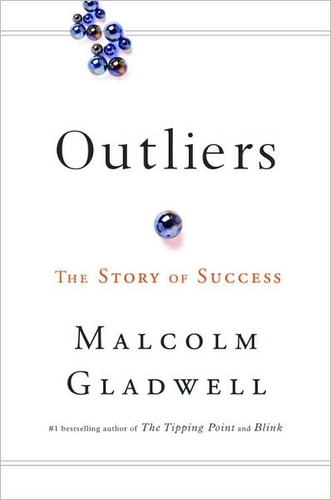Are we helping or hurting those we are serving?
6 years ago
God has spoken, and the rest is commentary, right?
1. Today's miracles of technology benefit only those who can afford them. Markets respond only to "demand", not to "need".
2. This is a systematic flaw in the free-market system. Further technological innovation is less important than systematic innovation to mend this flaw.
3. The world is getting better, but not fast enough and not for everyone. Great advances in technology therefore make inequity worse. About a billion people are left out. For example, climate change will impose the worst effects on those least responsible for it.
4. Why? Because in "a system of pure capitalism," the incentive to serve people rises as their wealth rises and falls as their wealth falls. This system needs to be changed so that there is incentive to serve poor people too.
5. Self-interest is just one or two forces in human nature. The other is "caring for others." The genius of capitalism is that it makes self-interest serve the general interest. Philanthropy and government are supposed to address our "caring for others," but there isn't enough philanthropic or government money to solve the world's problems.
6. A revised capitalist system would both make a profit and improve the lives of the have-nots.
7. A revised system should use profit incentives where possible. But even where profits are not possible, there is a market-based incentive that can be used: recognition. Positive recognition is good for a company's reputation, good for attracting customers, and good for attracting employees.
8. Creative capitalism is a system where incentives for both profit and recognition motivate both self-interest and caring for others.
9. Under creative capitalism governments, businesses, and non-profits work together.
10. "This hybrid engine of self-interest and concern for others serves a much wider circle of people that can be reached by self-interest or caring alone."
11. Example: Corporation donating money or products. Or, even better, corporations spending money or using technology to find new markets in poor countries.
12. Example: "tiered pricing." A drug company has a valuable patent and charges full monopoly price in the developed world, but lets poor-world manufacturers produce less than one dollar a dose.
13. Sometimes there is a "direct role for government": creating market incentives for companies to help the poor. For example, the FDA rules that if you develop a new treatment for a neglected disease, you get priority review by the FDA for some other drug.
14. Another approach: Help poor-world businesses do business in developed world.
15. Another example: the Bono ("RED" campaign) model. Sell products with a small percentage of the profits going to worthy causes in the poor world. People will pay more for products associated with these causes.
16. "What unifies all forms of creative capitalism is that they are market-driven efforts to bring solutions we take for granted to people who can't get them."
17. Corporations should allow "top innovators" to spend part of their time on issues facing people too poor to be customers. This "takes the brainpower that makes life better for the richest, and dedicates it to improving the lives of everyone else."
 I'm not sure the background of the author, but the book is not in the Christian mainstream by any means (Outliers by Malcolm Gladwell). Not to say he doesn't have a faith background (?), but I love the conclusions that he makes.
I'm not sure the background of the author, but the book is not in the Christian mainstream by any means (Outliers by Malcolm Gladwell). Not to say he doesn't have a faith background (?), but I love the conclusions that he makes.